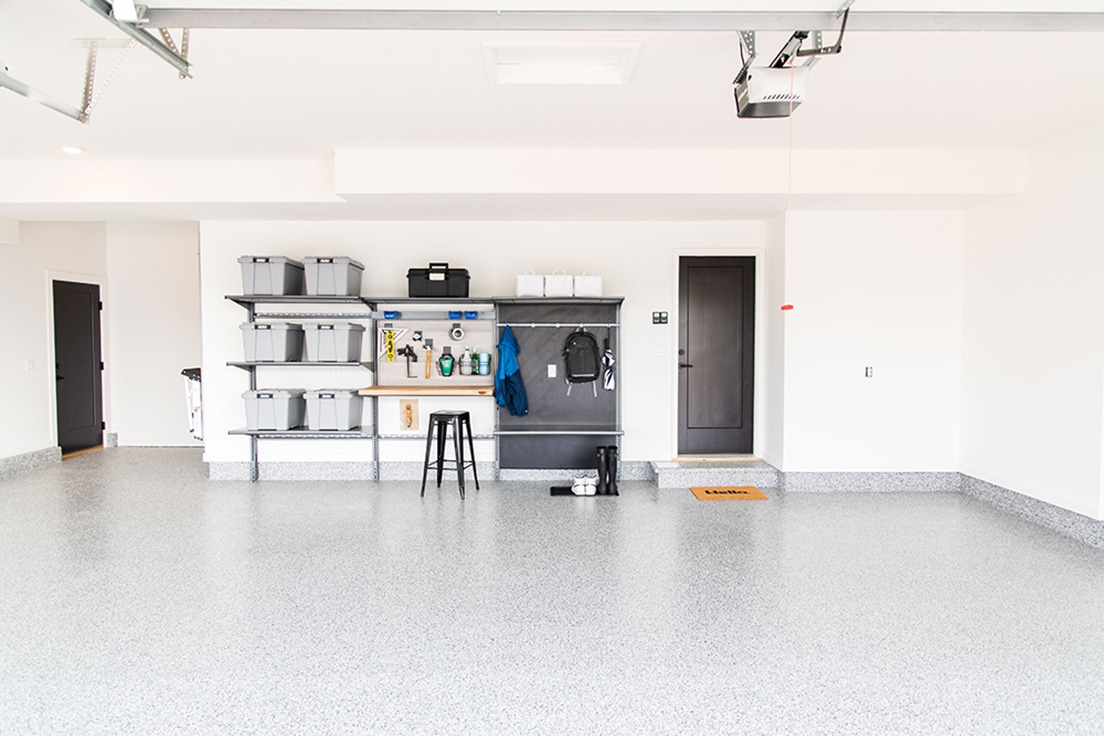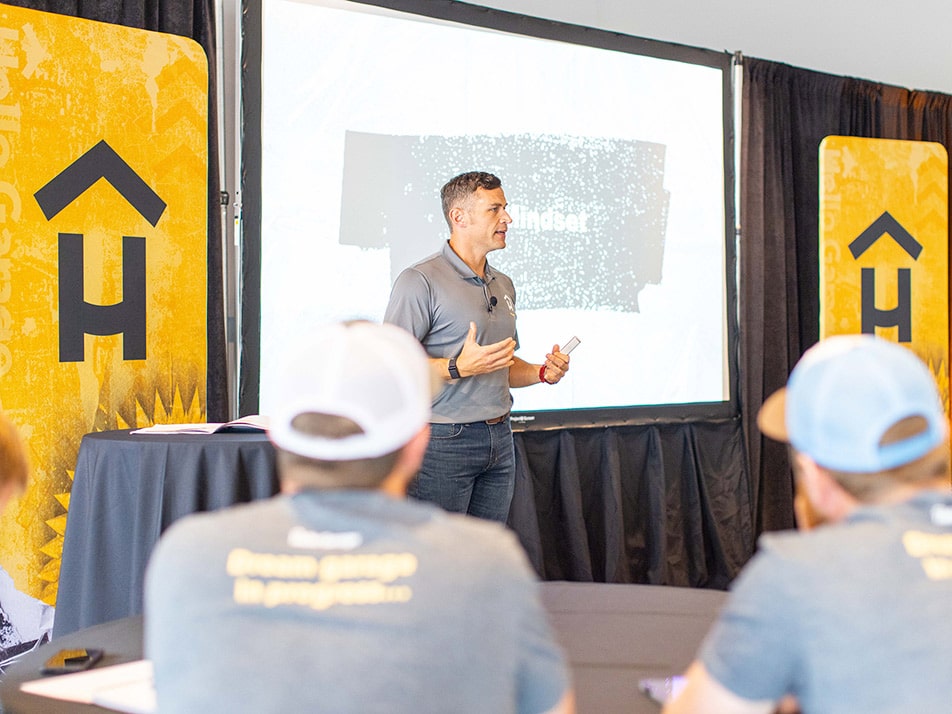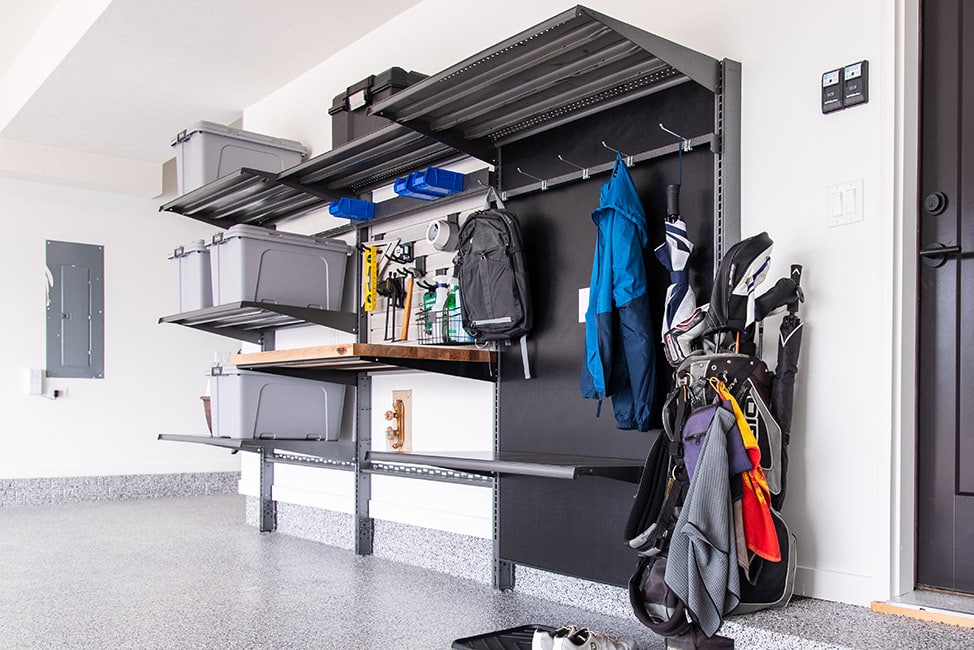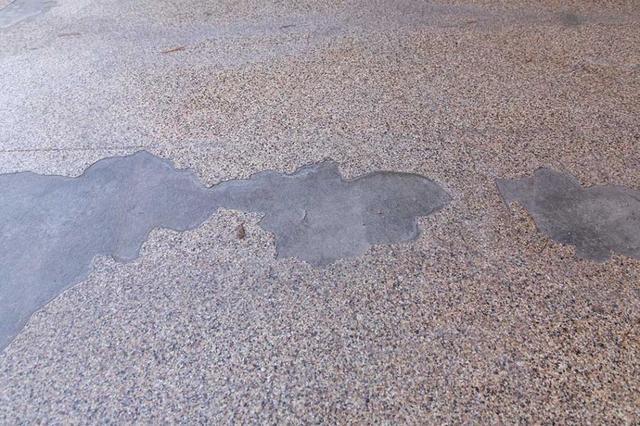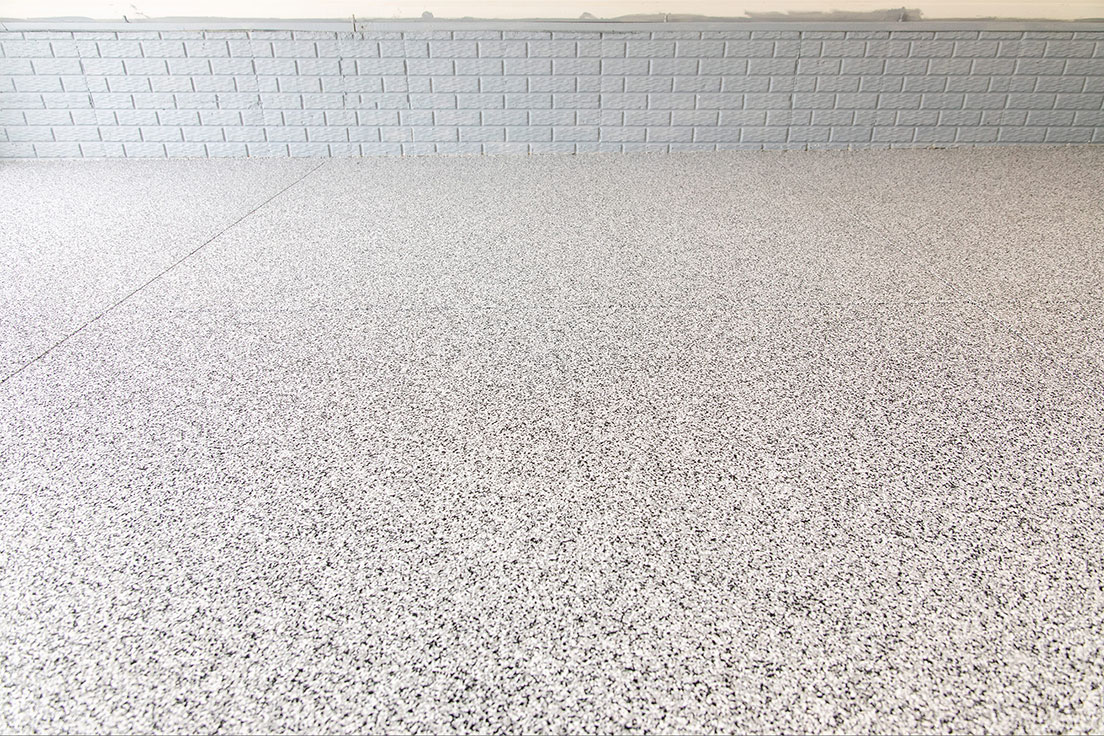
Clean, Organized Spaces
Call 1.888.59.GARAGE
Hello Garage Headquarters | 11850 Valley Ridge Dr. | Papillion, NE | 68046
Hello Garage Headquarters
11850 Valley Ridge Dr. | Papillion, NE | 68046
© 2025 Hello Garage Franchising, LLC - All services in the U.S. performed by independently owned and operated franchises of Hello Garage Franchising, LLC.
Unless otherwise noted, each use of “Hello Garage,” “us,” “we,” or “our” throughout hellogarage.com collectively refers to both the Hello Garage brand and the Hello Garage franchise system, which is made up exclusively of independently owned and operated franchise locations.

